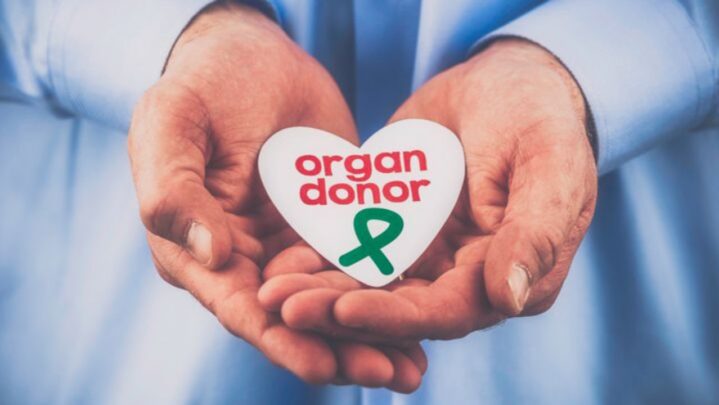If you’re considering becoming an organ donor, you should consider all of the advantages and disadvantages before making your decision. Making the decision to become a living donor or a deceased donor is a serious one. Donating has the capacity to affect not just you, but also your immediate family and even close acquaintances.
Here are some pros and cons of organ donation
Pros
1. Anyone of any age can donate
Many people believe they aren’t eligible to donate organs because they aren’t the correct age, however, this is not the case! At any age, you have the option of becoming an organ donor. With the consent of a parent, you can sign up to be a live donor or a donor after death if you’re under the age of 18.
2. You have the ability to save one — or more — lives
When you choose to donate your organs, you are making a difference in the lives of many people. You might be able to save more than one person’s life. You could even be able to save the life of someone you care about.
3. You save someone right now
You do not have to wait till death to give if you are a living donor. Right now, you have the opportunity to assist someone in need.
4 Gives your death a greater significance
Despite the fact that death is still devastating and loss is extremely painful, many families of organ donors claim that their loved one’s organs were given to someone in need and that this gave them hope. This gives death more meaning and permits a loved one’s legacy to continue on through the organ recipient’s life.
Cons
1. Lengthens grieving
When an organ donor dies, the hospital keeps them on life support until a match for their organs can be located. Family members who must wait for the body to be transported and readied for burial after the organs have been removed may find this difficult.
It can make grieving more difficult while the family awaits closure.
2. Health complications for living donors
Donors who are still alive may face health issues. You will have surgery to remove the organ or organs you wish to give as a living donor.
Health issues can occur with any procedure. As a living donor, you may experience pain during your recovery.
Recovery after surgery will take some time. Living donor surgery may leave you with permanent scars.
3. The decision may not be acceptable to all members of the family
Organ donation is not accepted by all families, and your family may oppose your decision. Religious and personal preferences are the sources of disagreement.
Keep reading successyeti.com
Also Read: Is It Okay To Fail During Meditation?





